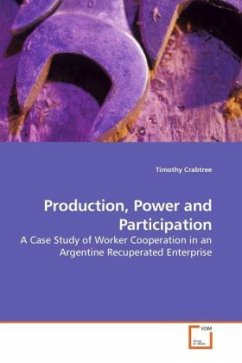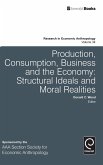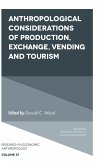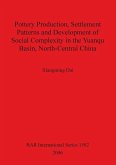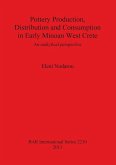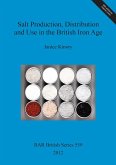This book examines democratic involvement in the Argentine empresas recuperadas. Recuperated enterprises are businesses that, following fraudulent managerial practices, bankruptcy or closure, were taken over and run by their former workers, in the majority of cases as cooperatives. I argue that, while the specific context of post-crisis Argentina is essential in the understanding of this movement it is helpful to consider the recuperated enterprises in the light of prior worker cooperatives. Like the recuperated enterprise movement, earlier worker cooperative movements have been the subject of lofty expectations for the reformation of capitalism, yet throughout their history they have been plagued by difficulties, largely arising from their organization as socialized units of production in a wider capitalist market. I argue that there are significant pressures on the empresas recuperadas to degenerate to more hierarchical and authoritarian structures. I look concretely at these issues in a case study of the Mil Hojas pasta factory in Rosario and draw attention to evidence of a decline in the participatory practices instigated in the business following its initial takeover.
Bitte wählen Sie Ihr Anliegen aus.
Rechnungen
Retourenschein anfordern
Bestellstatus
Storno

